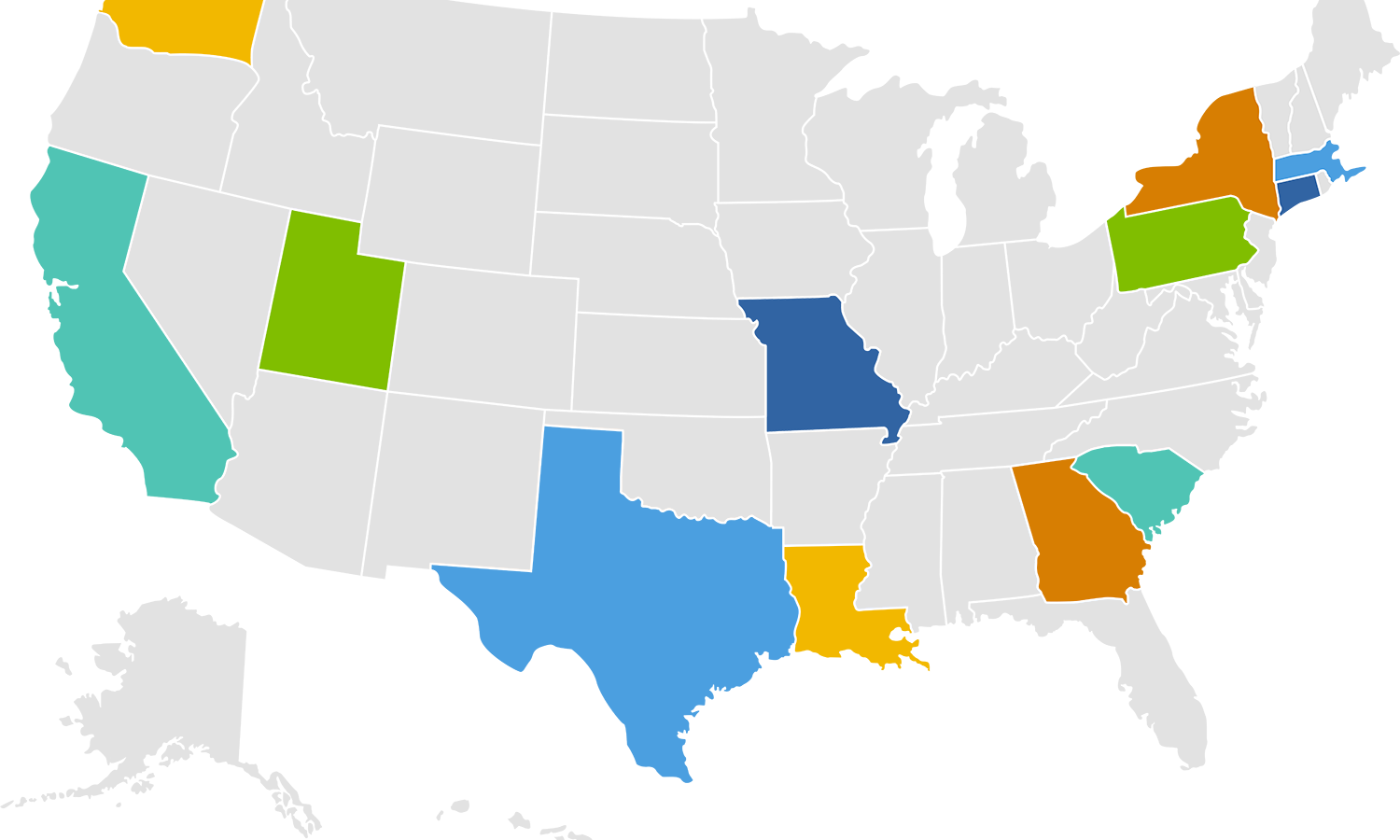The construction industry is in a constant state of transformation. As the baby boomer generation approaches retirement age, many experts who spent decades developing and honing their knowledge will be exiting their roles. As an industry that has an older median age, it’s an especially crucial shift, and will present construction companies with two key challenges: addressing the ensuing labor shortage and retaining the organizational knowledge of outgoing experts. Below, I cover several strategies construction companies can adopt to ensure both challenges are met.
Using Tech as the Hook to Hire Gen Z
Currently, the median age of construction workers is 41 years old. As such, departures of retirement-age professionals will only continue to increase. Yet, amongst Gen Z individuals, construction ranks low in career preferences. While 2006 marked an all-time high of 1.7 million construction workers aged 16-24, this number dipped to just 547,000 in 2010 and has yet to recover. To counter this trend, the Associated General Contractors of America (AGC) recently launched the “Construction is Essential” recruiting program, which is centered around drawing in, training, and retaining talent. Additionally, with Gen Z’s propensity for tech, companies who modernize will be better-equipped to attract this age bracket.
Rescuing organizational knowledge with modernized technology
By tackling the lack of replacements for departing experts, construction companies can then address the issue of retaining and building upon the knowledge departing experts worked to develop. While any individual employee may have unique expertise, long-term and continued success will depend upon shared and easily-accessible knowledge.
Additionally, while the retirement cliff initially poses an uphill battle for construction companies, there is a silver lining: “Baby boomer retirements may actually be a convenient motivator to CIOs and their boards who have been resistant to modernizing their portfolios,” says Martha Heller, chief executive of Heller Search Associates in this Wall Street Journal article. Workday’s Ms. McKenzie agrees: “Using the talent shortage as a lever to drive investment in transformation and digital investment could be a great way for CIOs to address the issue. ”Ultimately, comprehensive knowledge transfer (or lack thereof) will make or break firms and public agencies in the next decade. However, adopting modernized technologies will provide construction companies the key to preserving decades’-worth of valuable industry knowledge.
Sophisticated digital solutions—and the information they will allow organizations to retain—will also serve as a pivotal resource to incoming talent: Not only will modernization facilitate seamless knowledge transfer for young construction professionals — it may additionally factor into attracting these young professionals to begin with. Ultimately, the right solutions can trigger a positive feedback loop of attracting new talent, providing this talent with the resources to maximize their skills, which will in turn establish or strengthen a reputation for innovation, and ultimately, contribute to attracting additional talent.



